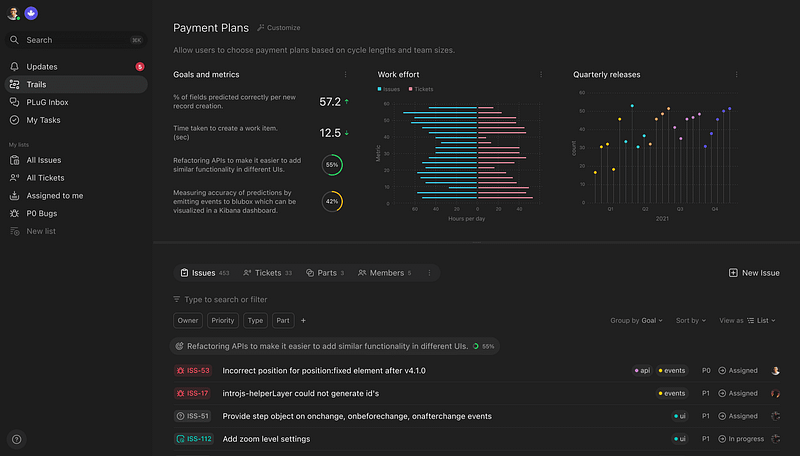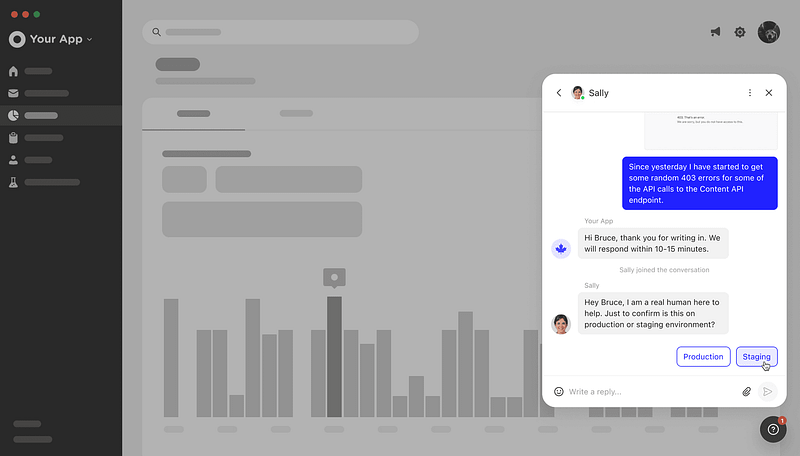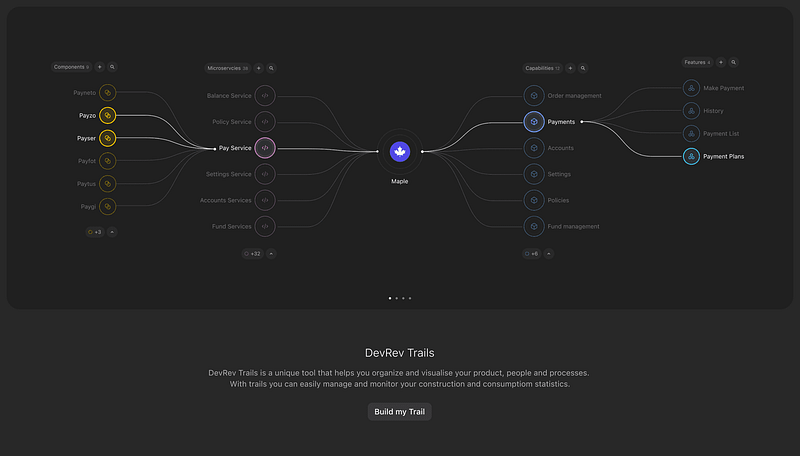Maximizing Your Sales Tech Stack for Optimal Performance
Written on
Understanding the Need for a Sales Tech Stack
In today's fast-paced world, relying solely on traditional methods can be a significant setback for your sales team. The reality is that technology has become indispensable for streamlining tasks and boosting productivity.
Imagine starting your day with manual chores, only to find yourself running late for work. In contrast, leveraging technology allows you to manage your time efficiently, similar to how effective sales tools can optimize your business operations. The challenge now isn't the lack of tools but rather the overwhelming number of options available. This abundance can lead to confusion and inefficiencies, making it essential to develop a well-structured tech stack that facilitates seamless collaboration and integration across teams.
What Constitutes a Tech Stack?
A tech stack is a collection of software tools designed to streamline the tasks of sales representatives, ultimately enhancing the customer experience. It is crucial for automating processes related to acquisition, conversion, retention, and growth. If your organization aims to:
- Eliminate or simplify manual tasks.
- Remove redundant tools and unnecessary expenses.
- Boost engagement with potential customers and refine the sales process.
- Retain high-quality leads with greater efficiency.
- Optimize conversions through the sales pipeline.
- Identify tools to improve critical KPIs.
Then establishing a solid sales tech stack is imperative.
Why Your Current Sales Stack May Be Underperforming
The shift to remote work has heightened the demand for effective sales strategies, making it challenging to keep all teams aligned. As businesses adapted, many encountered inefficiencies due to overlapping systems and the urgent need for enhanced customer relationship management (CRM).
Several factors might contribute to a declining sales performance:
- Overuse of Tools: More isn't always better. An excess of tools doesn't guarantee improved efficiency or results.
- Poor Integration: A lack of widespread adoption of digital tools can hinder performance. If only a portion of your team utilizes a tool, overall effectiveness may suffer.
- Uncoordinated Processes: Without a clear roadmap, teams can miss deadlines and lose focus on essential tasks.
- Steep Learning Curve: When sales reps spend excessive time learning new software, they lose out on opportunities to close deals. If the return on investment is lacking, there’s little reason to switch.
What Should You Do Instead?
An optimized sales tech stack can enhance personalization in the buyer’s journey, allowing your team to thrive in a competitive landscape. Consider these strategies:
- Immediate Support: Provide quick assistance to customers, as their attention span is limited. Rapid responses can foster loyalty and encourage longer subscription periods.
- Automation: Use advanced technologies like AI to automate data entry, leading to a more personalized user experience.
- Integration: Rather than juggling multiple platforms, opt for a unified solution that connects all essential tasks seamlessly.

- Transparency: Foster trust by clearly communicating how user data is handled and providing updates on transaction statuses.
- Human Touch: Build relationships with customers by personalizing your brand voice and addressing their specific needs.
Getting Started with Your Sales Tech Stack
As businesses shift toward product-led growth, traditional marketing strategies may no longer suffice. Quick response times are crucial; otherwise, competitors could seize opportunities.
When selecting tools for your sales tech stack, consider options that cater to your unique needs and ensure a manageable learning curve with a solid ROI.
One innovative tool to explore is DevRev, which aims to enhance collaboration between developers and product managers by directly engaging with end customers.
- Reduce Issue Management Time: Streamline communication between customer support and development teams to accelerate issue resolution.

- Enhance Customer Communication: Use tools like PLuG to facilitate direct support for users during their experience with your product.

- Integrate Tools Efficiently: Consolidate multiple functionalities into a single platform to save time and improve data handling.

Final Thoughts
In 2024, your product's design and functionality directly influence sales performance. Ensure that your team adopts a responsive design approach, as most users access services via mobile devices. Create a checklist of your business requirements and select tools that enhance inter-departmental collaboration.
Set a budget for your sales tech stack, and as you begin to see returns from satisfied customers, you can gradually expand your capabilities.
If you found this article helpful, consider reading about overcoming entrepreneurial fears to start building your vision.
This video discusses how to construct a robust sales and marketing technology framework that can significantly enhance your business operations.
This video explores the ideal tech stack for sales teams, providing insights on choosing tools that align with your goals.